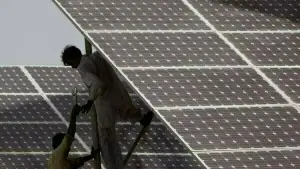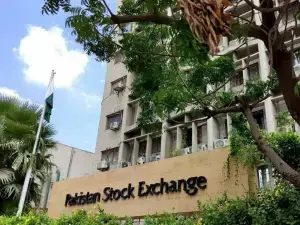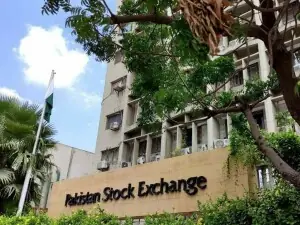There appears to be a complete lack of understanding of the economic decisions required to take the country out of the existing economic impasse at best or deliberate political point-scoring with no regard to strengthen the weakening macroeconomic indicators at worst.
The demand to raise subsidies is major league flawed on two counts. First, heavy subsidies to the power sector during the past six to seven years has been cited as one of the major reasons for the rising budget deficit - a highly inflationary measure in itself - while heavy subsidies have also delayed the necessary structural and governance reforms required in the power sector to ensure financial discipline. The current budget deficit is at an unsustainable level of 8.2 percent and higher than the budgeted power sector subsidies are the major contributors to this rise. Secondly and equally pertinently, there is a flawed perception amongst our political parties that raising the price of petroleum products would have a major negative impact on their popularity ratings and hence no government has had the temerity to raise rates or reduce subsidies especially before elections. However, this perception has been proved wrong twice: in 2007 during the run-up to the 18th February elections when the PML-Q refused to raise rates to international levels and yet lost the elections; and in 2013 when the PPP-led coalition government did not pass on the entire rise in rates and yet they too lost the elections.
The important fuel sector of the economy is subjected to taxes and there have been demands in the past not to tax it so heavily or reduce taxes levied on it, as it would reduce inflation with a salutary impact on not only the cost incurred by our productive sectors, thereby enabling them to compete globally but also the household sector. But these taxes were imposed because they generate a considerable income for a cash-strapped government and are the easiest to collect to boot. Reliance on taxing those from whom it is easy to collect has been the hallmark of our tax structure and it is hoped that the federal government begins to reform the Federal Board of Revenue with the objective of transforming it from an entity which is more akin to a sieve in terms of leakage as opposed to a repository of the country's resources.
BR100
16,307
Increased By
236.2 (1.47%)
BR30
51,537
Increased By
1163.4 (2.31%)
KSE100
157,953
Increased By
1775.7 (1.14%)
KSE30
48,199
Increased By
520.5 (1.09%)






















Comments
Comments are closed.